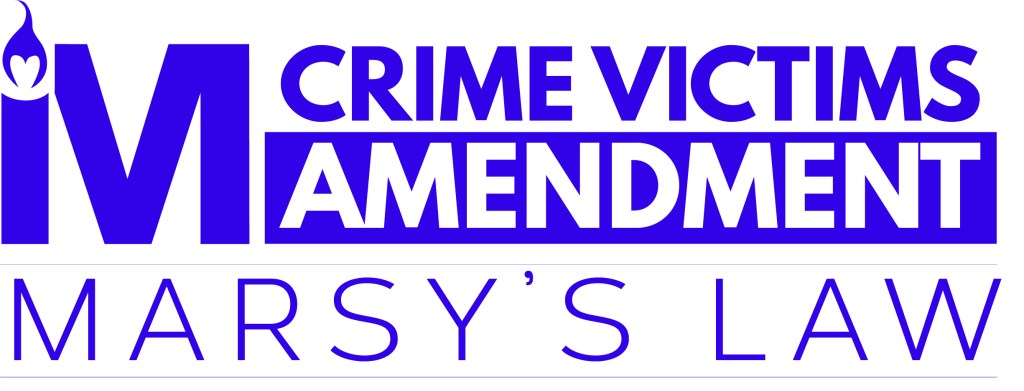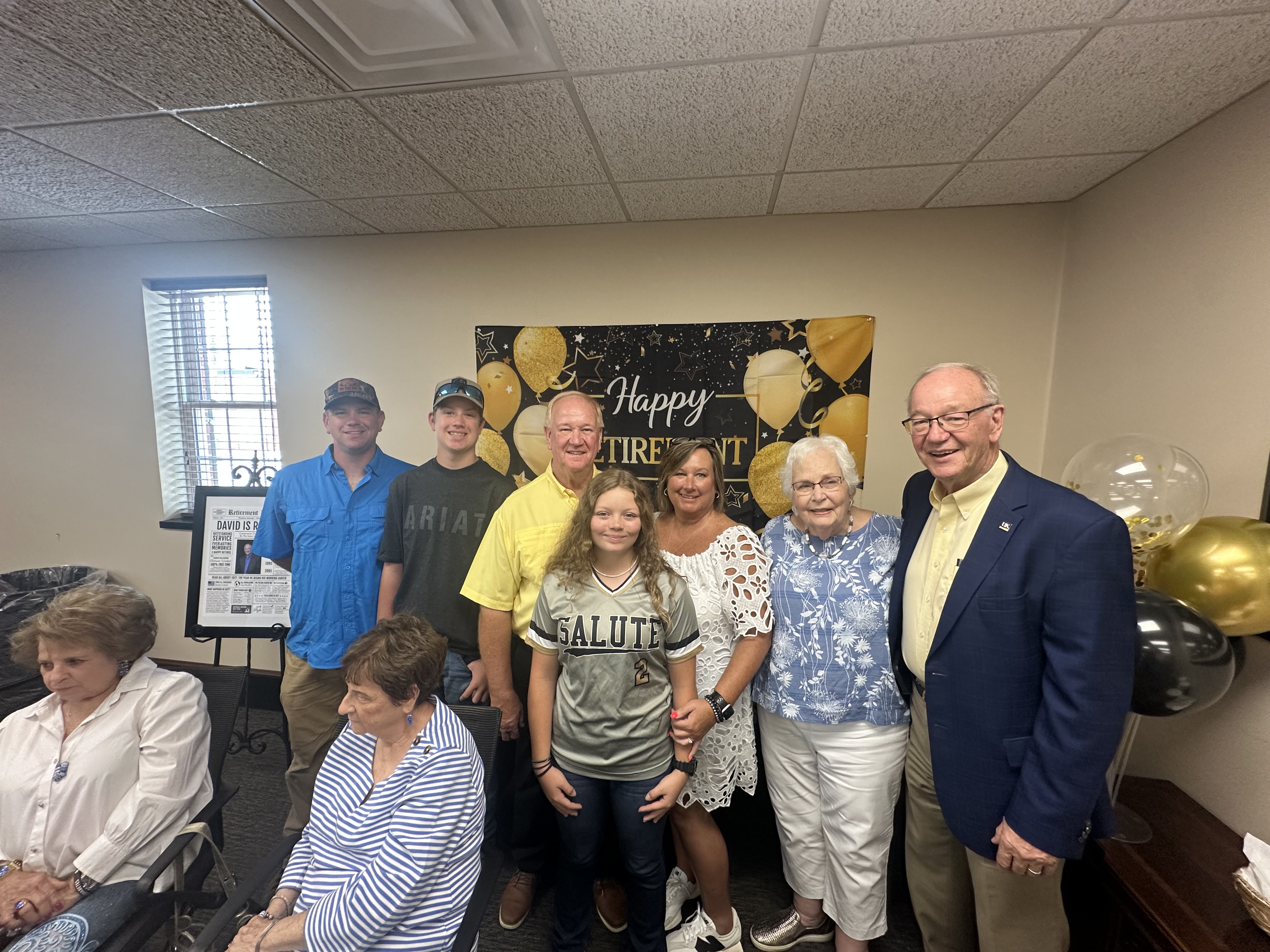Marsy’s Law intended to protect victims’ rights
Published 8:40 am Friday, October 23, 2020
|
Getting your Trinity Audio player ready...
|
Nearly two-thirds of Kentucky voters in 2018 approved Marsy’s Law, a victims’ rights initiative, as a constitutional amendment proposal. But it was struck down last year by the Kentucky Supreme Court because what was on the ballot was only a summary of the amendment.
This year, the question is back on the ballot in its entirety.
During a virtual town hall election forum Tuesday night, Winchester attorney John Patrick Rompf was asked to explain the proposal in an impartial way and one that’s easy to understand.
“It provides the victim with constitutional rights to be notified and be heard,” Rompf said.
The proposal was initiated in California in 2008, passed by 14 states and modified or overturned in three, including Kentucky. It would write into the Kentucky Constitution several provisions to protect the rights of victims in criminal proceedings, including the right to be present at proceedings, to consult with a prosecutor, reasonable protection from the accused, notification of when the accused is released or escapes, full restitution upon conviction, and a right to be represented by an attorney.
“That’s a huge change for people who are victims to have that right of representation,” he said.
Rompf said people who are against Marsy’s Law would argue that Kentucky law already provides victims a great deal of protection.
“The accusers in criminal actions already have a right to be heard, to be notified of the release of the defendant, to be present at the trial or other proceedings and to have the right to consult with the commonwealth attorneys, the individuals who prosecute these cases,” he said.
Opponents of the law would also argue that “the problem is not necessarily with the protections not being in place, but with the lack of funding to appropriately provide these resources to people who are victims of crimes.”
Another argument against the amendment is that it “weakens the presumption of innocence” of those facing unproven accusations, which Rompf described as “one of the bedrock principles” of American jurisprudence.
A question that arises is who will pay for the provisions guaranteed in the constitutional amendment. The language of the amendment itself states that there is no right of funding, and many of the states that have passed the law have found that implementing it is expensive.
“This amendment is interesting because there are people on both sides of the aisle who are for it and against it,” Rompf noted. “I know the Tea Party of Kentucky and the ACLU of Kentucky are against it, and it is pretty unusual to have those two groups be on the same side of any issue.”
Terms for district judges
The second proposed amendment on the ballot has to do with changes to the length of terms for district judges and commonwealth’s attorneys and how much experience lower level judges need to qualify for the bench.
Currently, district judges serve four-year terms. The amendment would lengthen the terms to eight years to match those of circuit court judges. It would also require that licensed lawyers have eight years of legal experience to run for the office rather than two, as is the case now.
The amendment would also extend the terms of commonwealth’s attorneys, the prosecutors in felony cases, from six to eight years.
Rompf said proponents of the changes say the amendment would allow judges to be more experienced and qualified, and it would align the terms of district and circuit judges and commonwealth’s attorneys so that when judicial districts are realigned or money is appropriated, it would streamline the process.
Opponents would argue that the same goals could be accomplished by shortening the terms of circuit judges and commonwealth’s attorneys to be the same as those of district judges now, and shorter terms would hold those office holders accountable to the public more often.
The election forum, which was conducted by Zoom and shown on Facebook Live on the Winchester-Clark County Chamber of Commerce’s page, was sponsored by the chamber, Bluegrass Community and Technical College and Winchester radio station WWKY.








